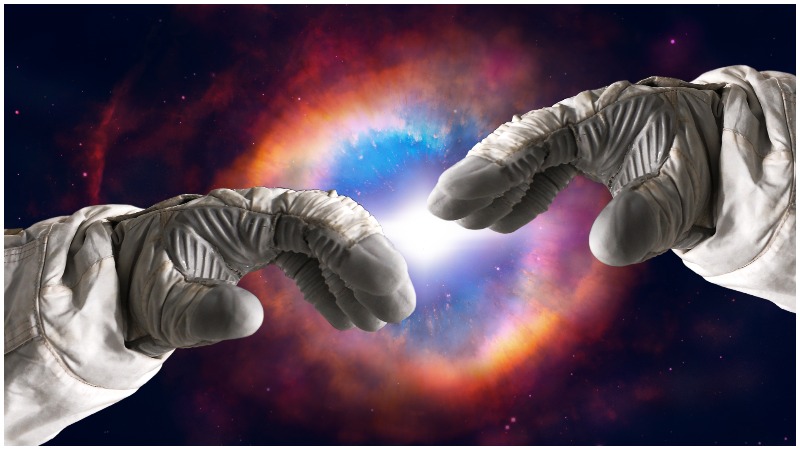Embarking into space has always been a risky endeavor. Even though most of the missions conducted by both the U.S.S.R. and the U.S. during the Space Race pulled through in the end, in some cases the results were tragic.
No wonder then that various superstitious practices have become a tradition among the men and women whose job it is to trek into space and hopefully return alive.
But one custom in particular, practiced by Russian cosmonauts to this day, is perhaps the weirdest of them all. It all started in 1961 when Yuri Gagarin was preparing to board his Vostok spacecraft, just hours before he made history by being the first human being to journey into outer space.
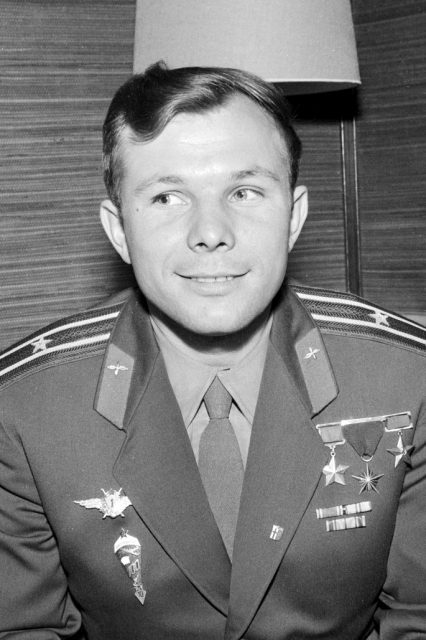
According to legend, the famous Soviet cosmonaut had to relieve himself, just as he disembarked the bus that was taking him to the launch ramp. In the absence of a better solution, he simply urinated on the bus’ tire, unknowingly starting a tradition that would outlive him and become a necessary ritual among all other Soviet space-dwellers before their missions.
From that day forward, there allegedly hasn’t been a single space mission both during the Soviet Union and the current Russian Federation that has skipped this custom.
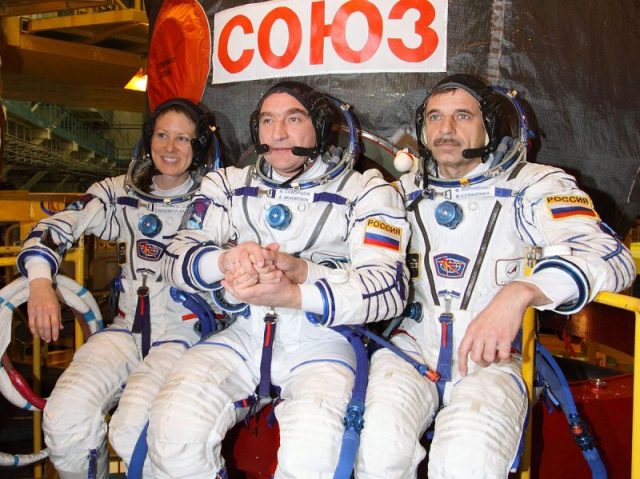
Women, however, are not obliged to perform this good luck ritual — but some go to the extent of urinating in a vial, which would later be spilled on the right rear tire of the bus. It is as weird as it gets, but superstitious practices like this one obviously help the cosmonauts to cope with the risks of space travel, which remain great to this day.
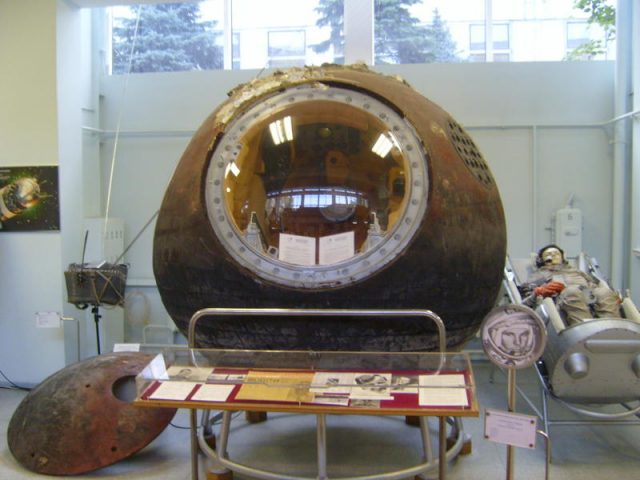
This weird custom has survived for more than five decades, as Gagarin remains a role model to all who embark on becoming cosmonauts in Russia. In fact, before even getting to the launch ramp, Soyuz flight crews leave red carnations at the Memorial Wall in memory of the first man in space, Yuri Gagarin, and four other cosmonauts.
Yuri Gagarin Space pioneer. We shed light on what may have caused the fatal crash.
They also visit his office, sign the guestbook and symbolically ask for the late cosmonaut’s blessing on their future journey.
But that’s just stuff related to Gagarin. Soviet, and later Russian, cosmonauts nurtured a number of other superstitious traditions ― for example, watching a movie the night before the mission, having a champagne breakfast, autographing their hotel rooms and carrying horseshoes for good luck, together with a talisman chosen by the mission commander which gets fitted inside the spacecraft.
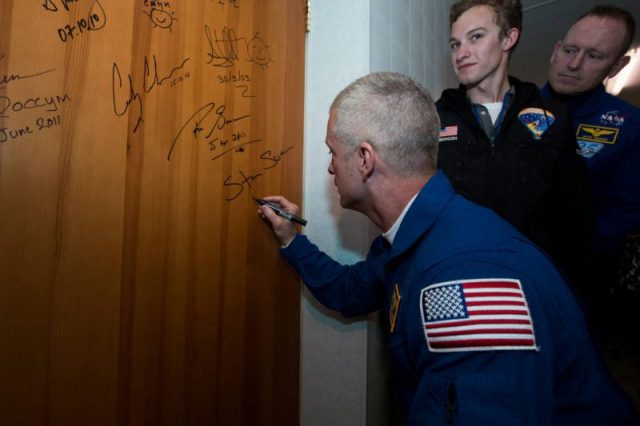
Since the fall of the Soviet Union, another practice has been introduced to an already complex system of traditions. Russian cosmonauts are blessed by an Orthodox priest before their departure.
As they take off, a popular Soviet-era rock song by Zemlyane (translated as The Earthlings), called “The Grass Near My Home”, plays in the background, adding even more drama to the entire ritual.
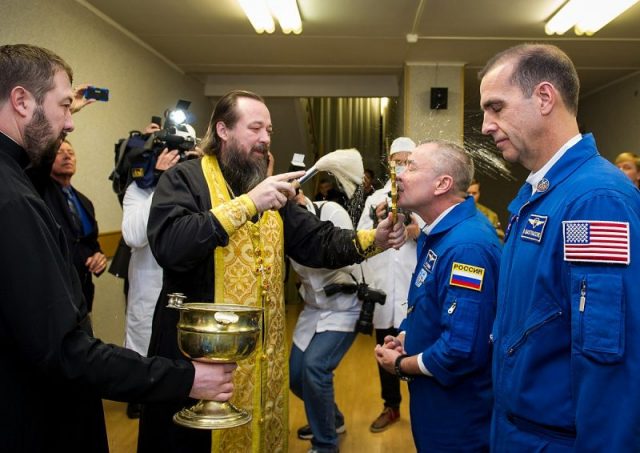
However, when it comes to quirky traditions, the U.S. doesn’t lag behind their Russian counterparts. American astronauts follow the tradition set up by Alan Shepard, the first American to conduct a spaceflight, just months after Gagarin.
Before their mission, the astronauts eat scrambled eggs and a steak to pay tribute to their legendary colleague. Although embarking on a zero-gravity trip with a stomach full of scrambled eggs and meat might not be recommended, the practice remains respected and conducted by all Americans who get chosen to fly into space.
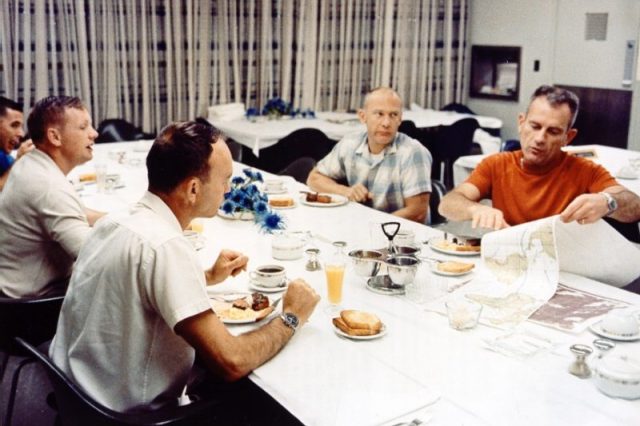
Before launch, the mission commander is obliged to play blackjack with the technician, until the point he loses a hand.
These are only some of the customs performed by the cosmonauts and astronauts, respectively, before and during their departure into space. It goes to show how humans remain perplexed by the great unknown, as such superstitious practices give the event a solemn tone and soothe those who are chosen to perform such dangerous missions.
Nikola Budanovic is a freelance journalist who has worked for various media outlets such as Vice, War History Online, The Vintage News and Taste of Cinema. He mostly deals with subjects such as military history and history in general, literature and film.
